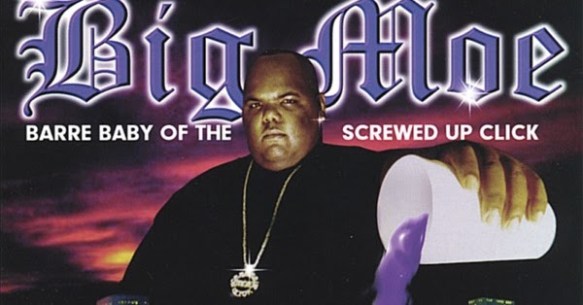
While drugs and music have seemingly been related since the dawn of culture, few drugs are intertwined with a specific culture in the way that ‘lean’ is connected with hip-hop. From DJ Screw and Big Moe, to Lil’ Wayne and Macklemore, to Justin Bieber and even Miley Cyrus, lean and hip-hop, hand-in-hand, have expanded their influence (Westhoff). As ABC News put it, “It’s more than a drug; it’s a culture. It’s what’s known on the street as “Lean,” a highly addictive cocktail of cough syrup, cold medicine, alcohol and candy — so potent it makes you “lean” over when high” (Hughes). In this essay, I hope to examine the role of lean in hip-hop culture. First, I’ll specifically discuss lean and its effects. Then, I will look into the origins of how lean became infused in hip-hop culture, and how both the drug and the culture have become increasingly influential in society. After that, I will describe some of the efforts to denounce the use of lean in hip-hop culture, before concluding.
“Get introduced to this drink that I sizzip.
Promethazine with codeine that’s my twizzist.”– Beanie Sigel, “Purple Rain”
You must be logged in to post a comment.